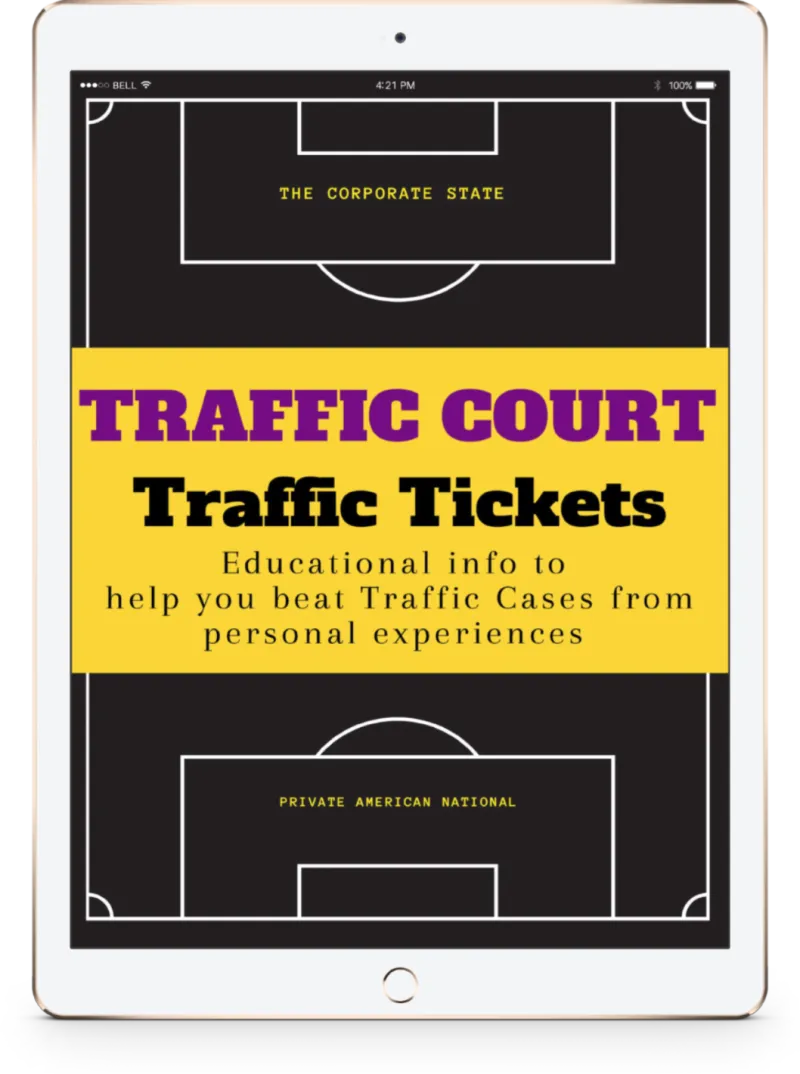

DP: Traffic Court Traffic Ticket Remedies eBook
$58.00
$160.0064% offQuantity
Please note: All purchases are final. We operate under a strict no refund policy. Make sure to review your order carefully before completing the purchase. Additionally, kindly ensure that your email address is typed in correctly to receive order updates.
If you do not receive access to your content in 24hrs, please e-mail: info@matisseacademy.com
Thank you for your understanding.

Copyright © 2023 | Terms of Service | Privacy Policy
NOT FACEBOOK™: This site is not a part of the Facebook™ website or Facebook Inc. Additionally, This site is NOT endorsed by Facebook™ in any way. FACEBOOK™ is a trademark of FACEBOOK™, Inc.
